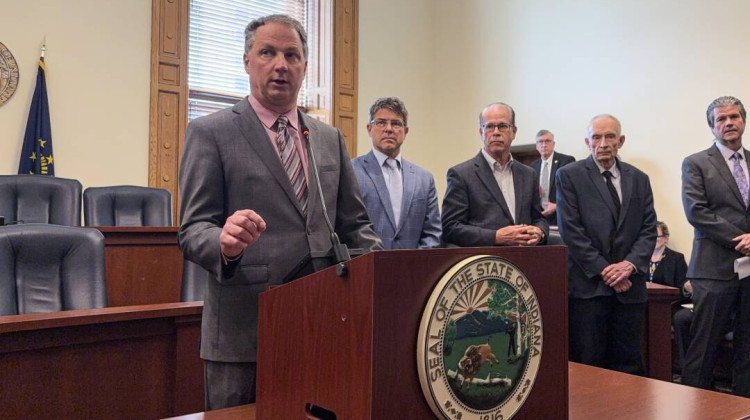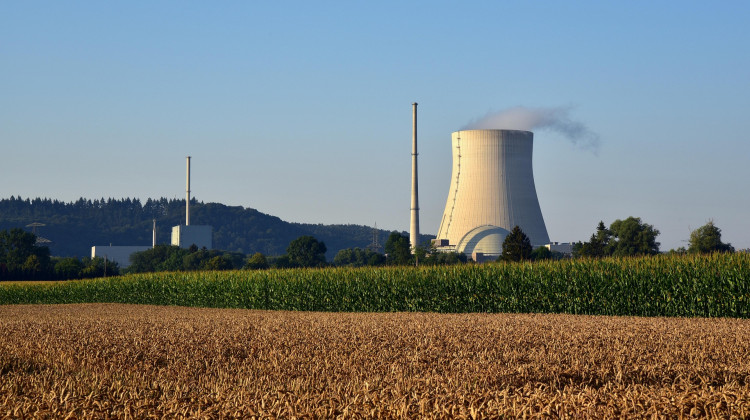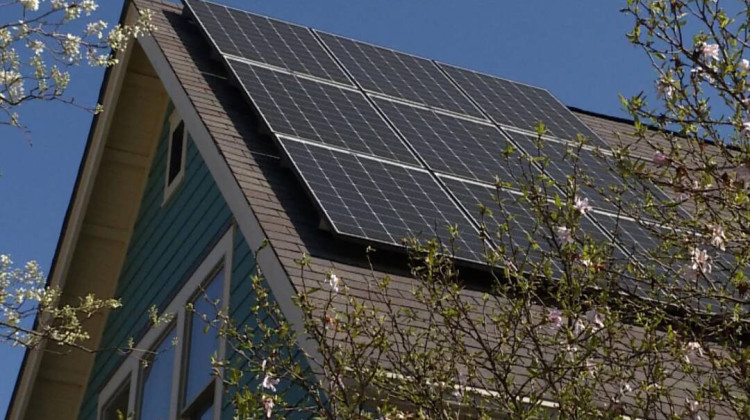INDIANAPOLIS (AP) — Indiana’s unemployment benefits system has continued to struggle with resolving appeals of payment denials, leaving the state with among the country’s worst appeals backlogs.
The backlog exploded last year as the Indiana Department of Workforce Development didn’t keep up with appeals filed by residents who claimed job losses during the COVID-19 pandemic recession, resulting in thousands of people waiting months for unemployment benefit payments.
The agency started August with more than 17,000 pending appeals after peaking with nearly 22,000 such appeals in January, the Indianapolis Business Journal reported. Only California, Texas and Virginia — states with much larger populations — had more unsettled cases.
Kristin Hoffman, an attorney who is director of Indiana Legal Services’ Worker Rights and Protection Project, said the workforce development agency was unprepared to handle the massive amounts of claims that resulted from the pandemic.
In the two years before the pandemic, the state agency received and disposed of 12,000 to 13,000 appeals a year, department spokesman Scott Olson said. In the last year, the agency has received about 61,000 appeals and ruled on 42,000.
The unemployment appeals process rarely had backlogs before, Hoffman said. Part of the current deluge, she said, is the result of an overly complicated and confusing online system, fraught with “glitches and errors,” that residents must use to claim jobless benefits.
Ranae Lucas of Wabash said she was confused by the process and made errors on the income documents she needed to file when seeking unemployment benefits after losing her job as a waitress last year as she missed work to quarantine for a COVID-19 exposure.
As a result, the state suspended her benefits and she went months without receiving benefits. Lucas said she’s waited nearly a year for an appeal hearing about getting the denied payments.
“I didn’t know what I was doing,” Lucas said. “They penalized me for it.”
The state agency maintains it is combatting unprecedented levels of fraud, which the online system is built to flag.
Online screening has identified more than 25% of applicants as possibly fraudulent, Workforce Development Commissioner Fred Payne and other state officials said during a news conference in July. Payne said the security measures have blocked more than $236 million in fraud payments, but it is unclear whether those payments include people with legitimate applications.
To try to fix the backlog, the agency is advertising to hire more attorneys as administrative judges to hear the appeals. The agency had 17 before the pandemic, Olson said, and is up to 60 now.
Hoffman said the lengthy appeals process is putting people in a financial hole they can’t escape.
“The whole unemployment system is supposed to run as a safety net,” she said. “If we’re waiting five or six months to get an appeal, then what’s the point?”
 DONATE
DONATE







 Support WFYI. We can't do it without you.
Support WFYI. We can't do it without you.